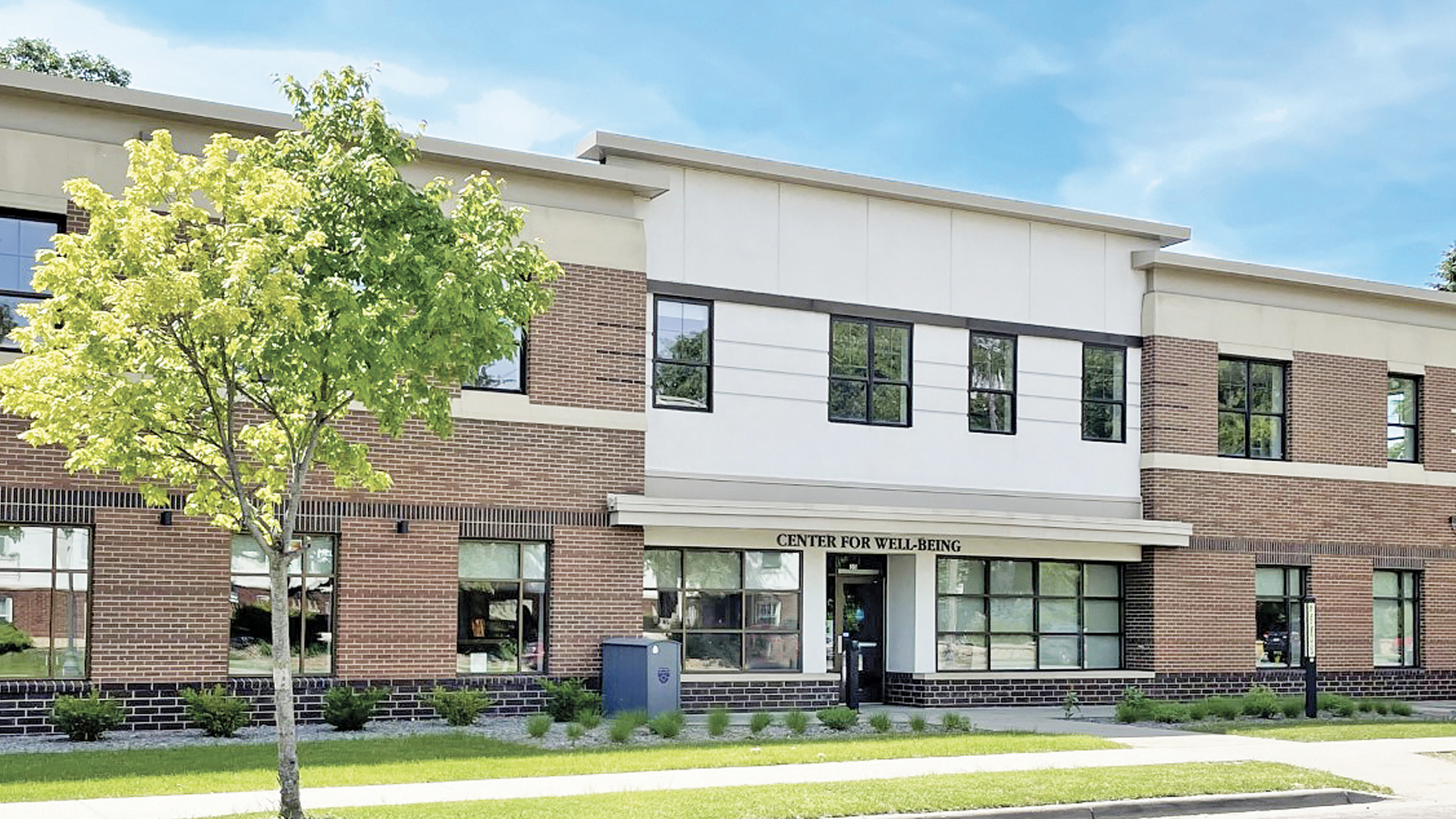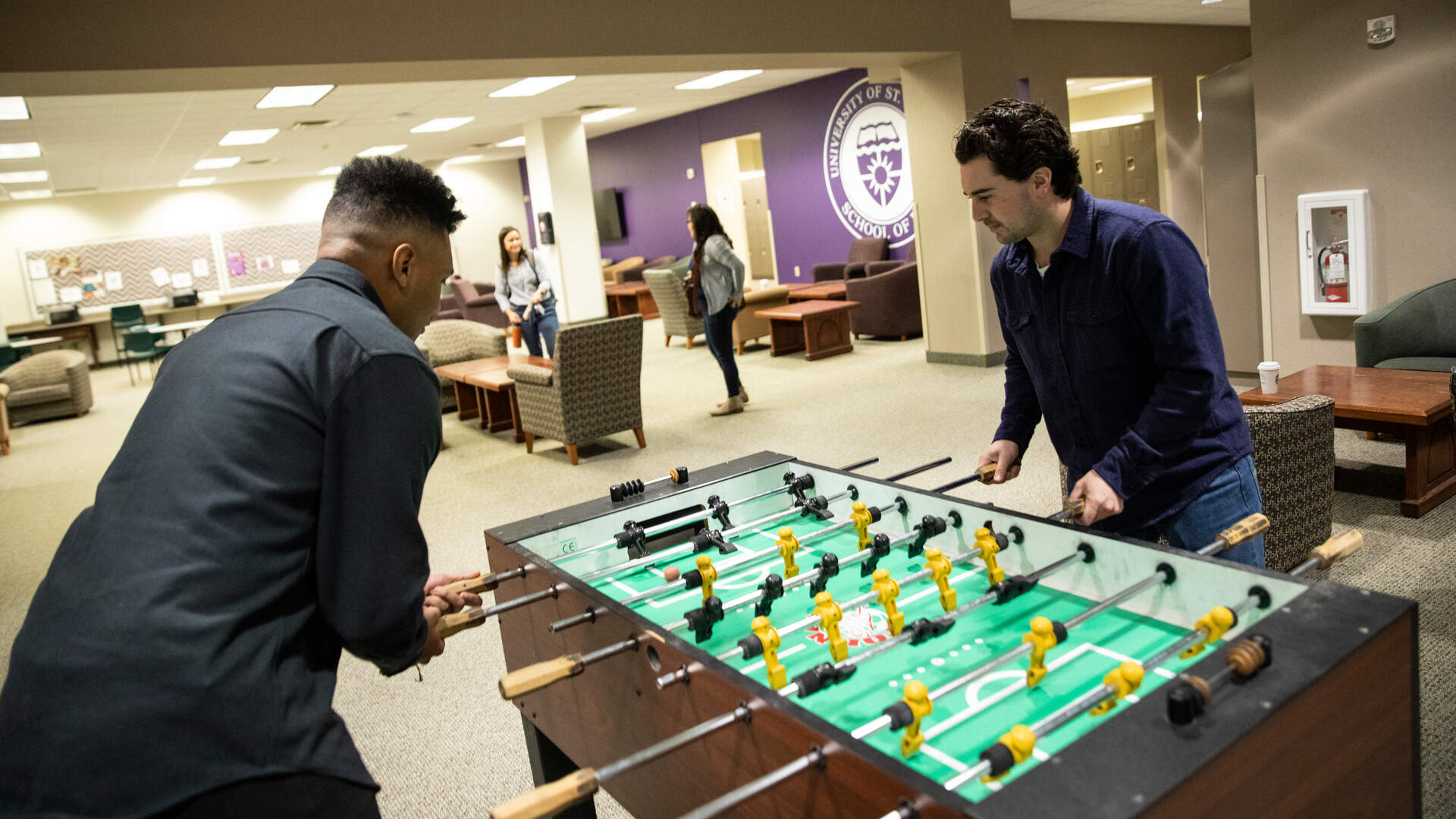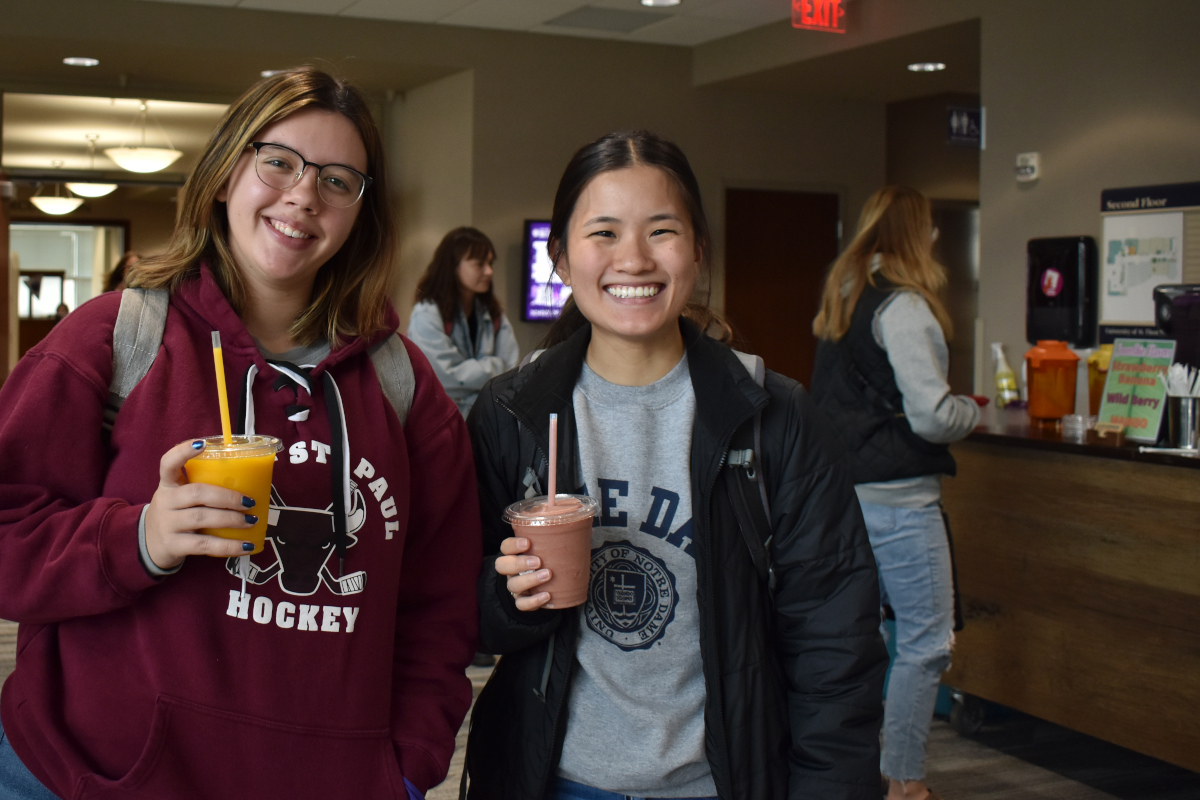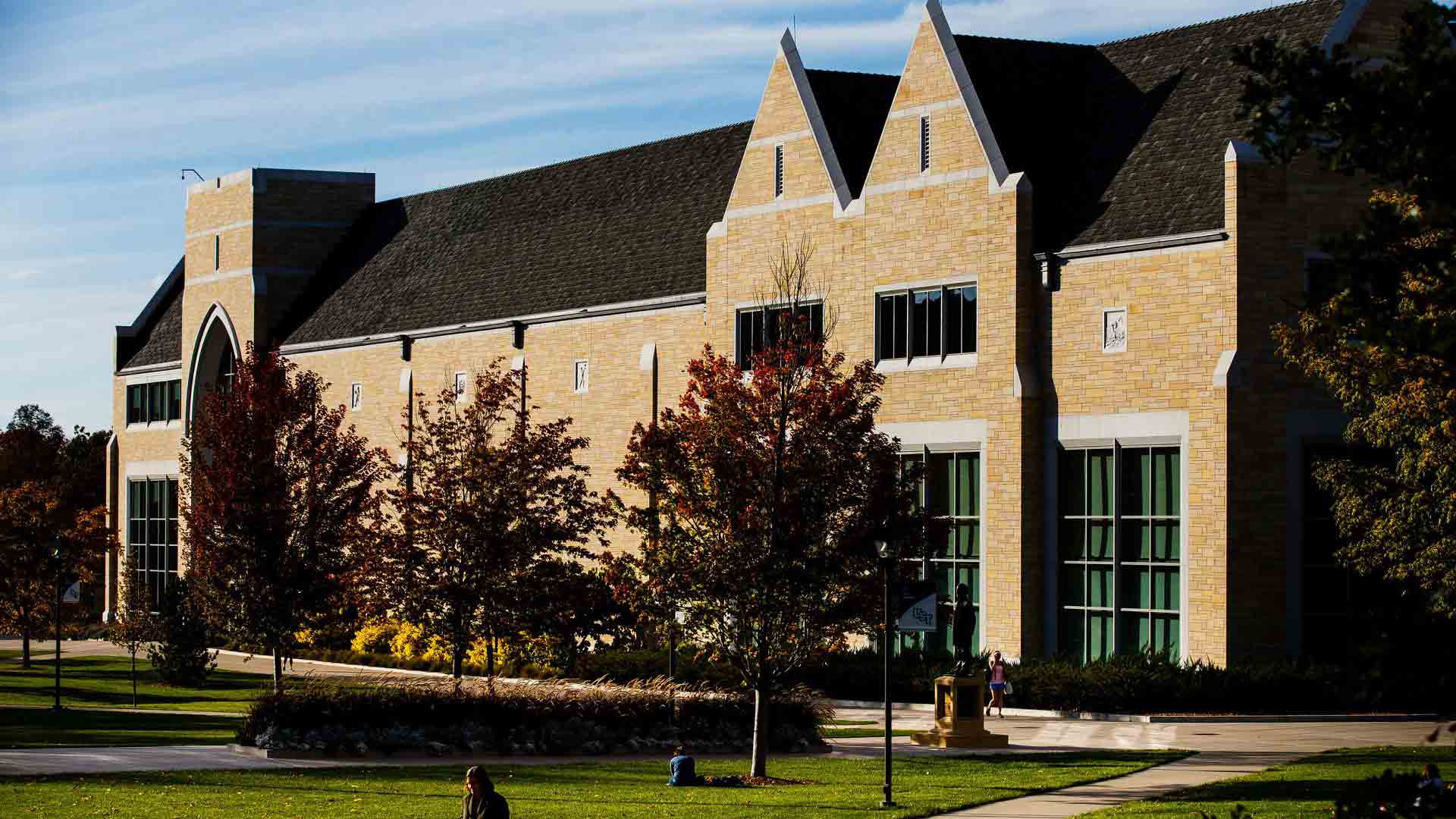Support For Your Health and Well-Being
St. Thomas Law seeks to educate the 'whole person.' Faculty and staff work to foster an environment where each student feels connected and supported and understands the importance of making wellness a professional priority.
St. Thomas Law was one of the first law schools in the country to sign the American Bar Association's (ABA) Well-Being Pledge in 2019. The law school actively works with the ABA, Lawyers Concerned for Lawyers and other organizations to develop and implement wellness initiatives for students and alumni, and to support initiatives for the broader legal community.
Throughout the year, the law school provides resources and hosts events and activities aimed at helping students develop healthy skills and habits that will serve them throughout their careers.



